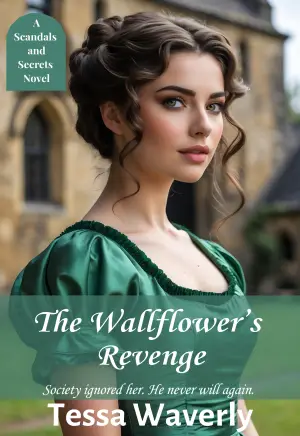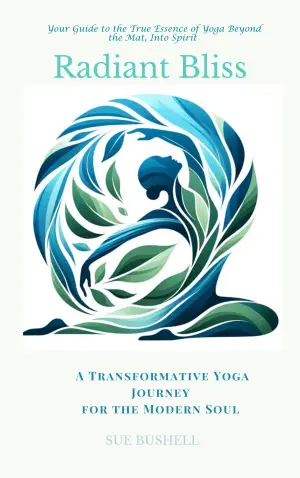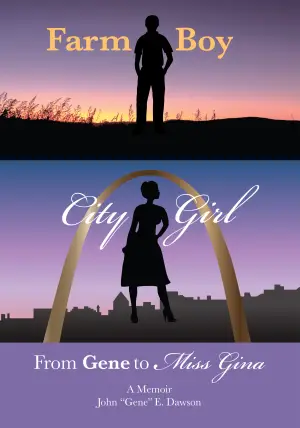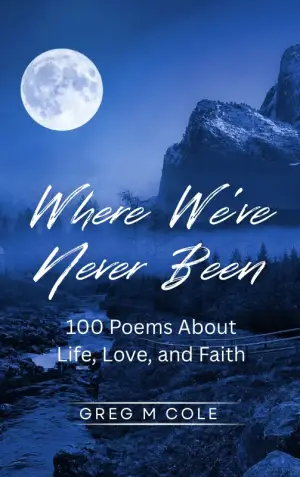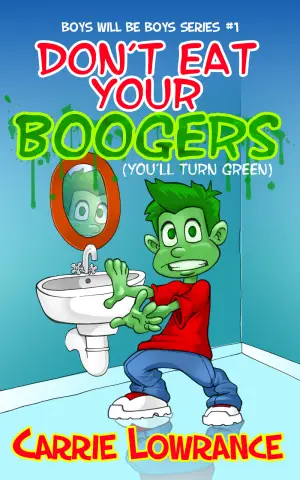Review of Catching Fire (The Hunger Games, #2) by Suzanne Collins
When I first cracked open Catching Fire, I was instantly reminded of that electrifying feeling that comes with diving back into a world you’ve grown to love. Suzanne Collins has a knack for pulling readers back into Panem’s tense grip, and despite feeling that this sequel doesn’t quite reach the heights of its predecessor, I found myself thoroughly captivated. Leaning into the narrative’s rich themes of love, sacrifice, and rebellion, this book has cemented its place in my heart—albeit slightly behind The Hunger Games.
The story picks up a year after Katniss Everdeen and Peeta Mellark’s harrowing journey in the arena, and immediately we see how their victory has cast a long shadow over their lives. Katniss navigates the complexities of fame, love, and expectation, especially as President Snow ominously threatens not just her, but those she loves. The tension in the early chapters is palpable, as Katniss grapples with PTSD from the games while facing the always-watchful Capitol and realizing that her mere survival sparks something larger—a potential revolution.
What struck me most was the character development—especially Katniss’ struggle between personal desires and societal pressures. I felt her fear and anxiety as she uncomfortably played the role of a star-crossed lover alongside Peeta, particularly knowing that it was all a facade meant to quell rebellion. The introduction of Finnick Odair made my heart race; his blend of charm and vulnerability added layers to the narrative. He quickly became a standout character for me, highlighting the tragic costs of victory in this brutal world.
Collins’ writing continues to immerse readers at a breakneck pace, blending tension with poignant reflections on power and loss. Iconic moments, such as Peeta’s touching promise to Rue’s family and Katniss’s realization that she is “a symbol” without her consent, are haunting and beautifully crafted. One quote that resonates with me is Finnick’s haunting line, “The odds are never in our favor.” It perfectly captures the relentless despair the characters face, making me reminisce about the realities of our world.
As for pacing, while the buildup felt rich and engaging, I experienced moments within the arena that didn’t have quite the same impact as before. The stakes were undeniably high, but perhaps my own expectations were set by the thrilling first book. Nevertheless, I appreciated the darker, more complex layers of plots and betrayals that unfolded—particularly learning of the uprising brewing in District 8 and the shocking twist of the Quarter Quell.
Catching Fire is a must-read for fans of dystopian fiction and anyone who enjoyed The Hunger Games. It deftly explores themes of rebellion, identity, and resilience in the face of overwhelming odds. While I may not have loved every aspect as much as the first book, the emotional depth and character arcs left a lasting impact on me.
In revisiting this world, I was reminded not just of the characters’ struggles, but of the power of storytelling itself—a reflection on societal issues that resonate today. If you’re looking for an engaging read filled with heart, tension, and a dash of romance amid chaos, Catching Fire will certainly ignite your spirit. So, grab some tea (or maybe a snack—goodness knows we can’t eat all the food in the Capitol!), and prepare to be swept away once more.
Discover more about Catching Fire (The Hunger Games, #2) on GoodReads >>



